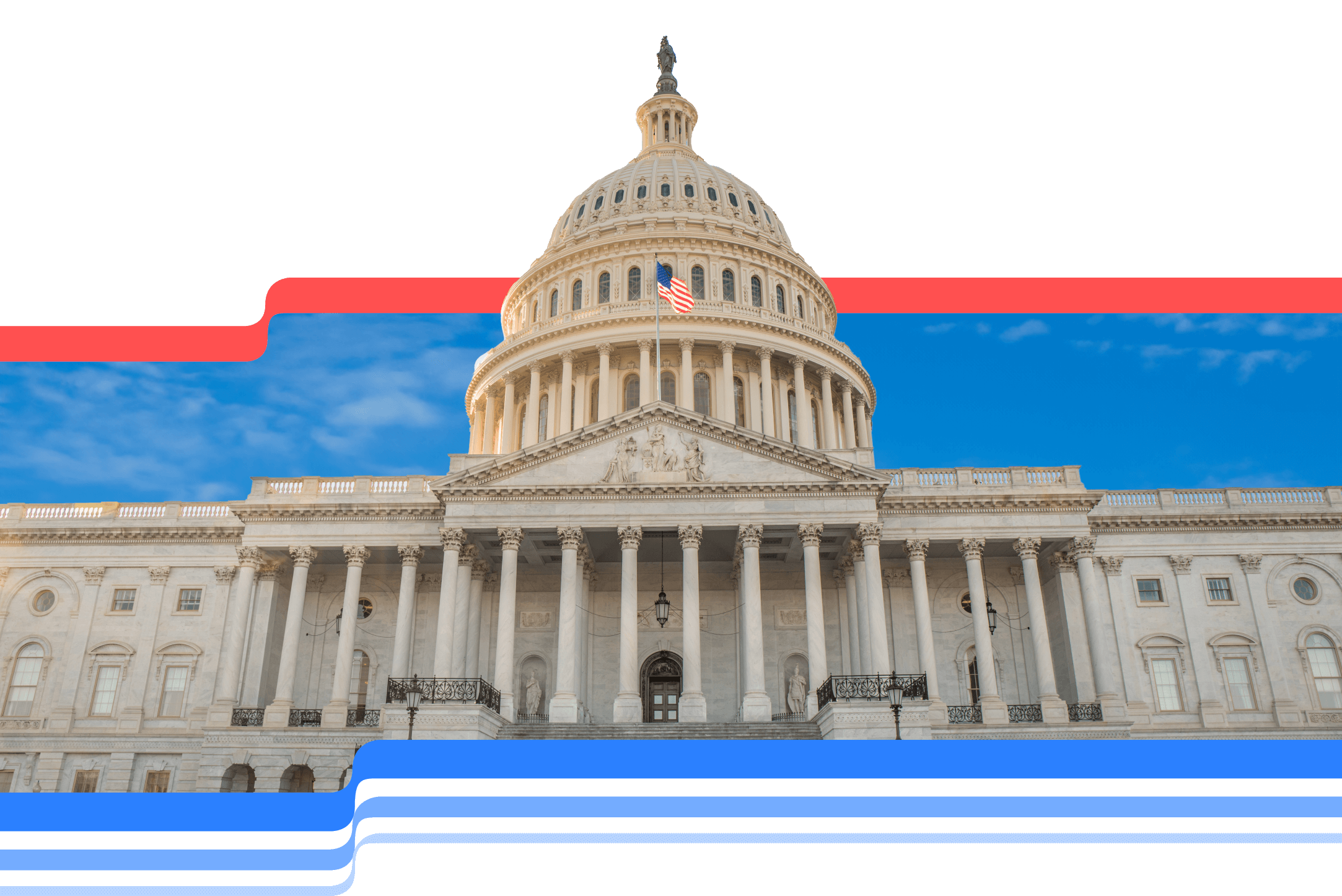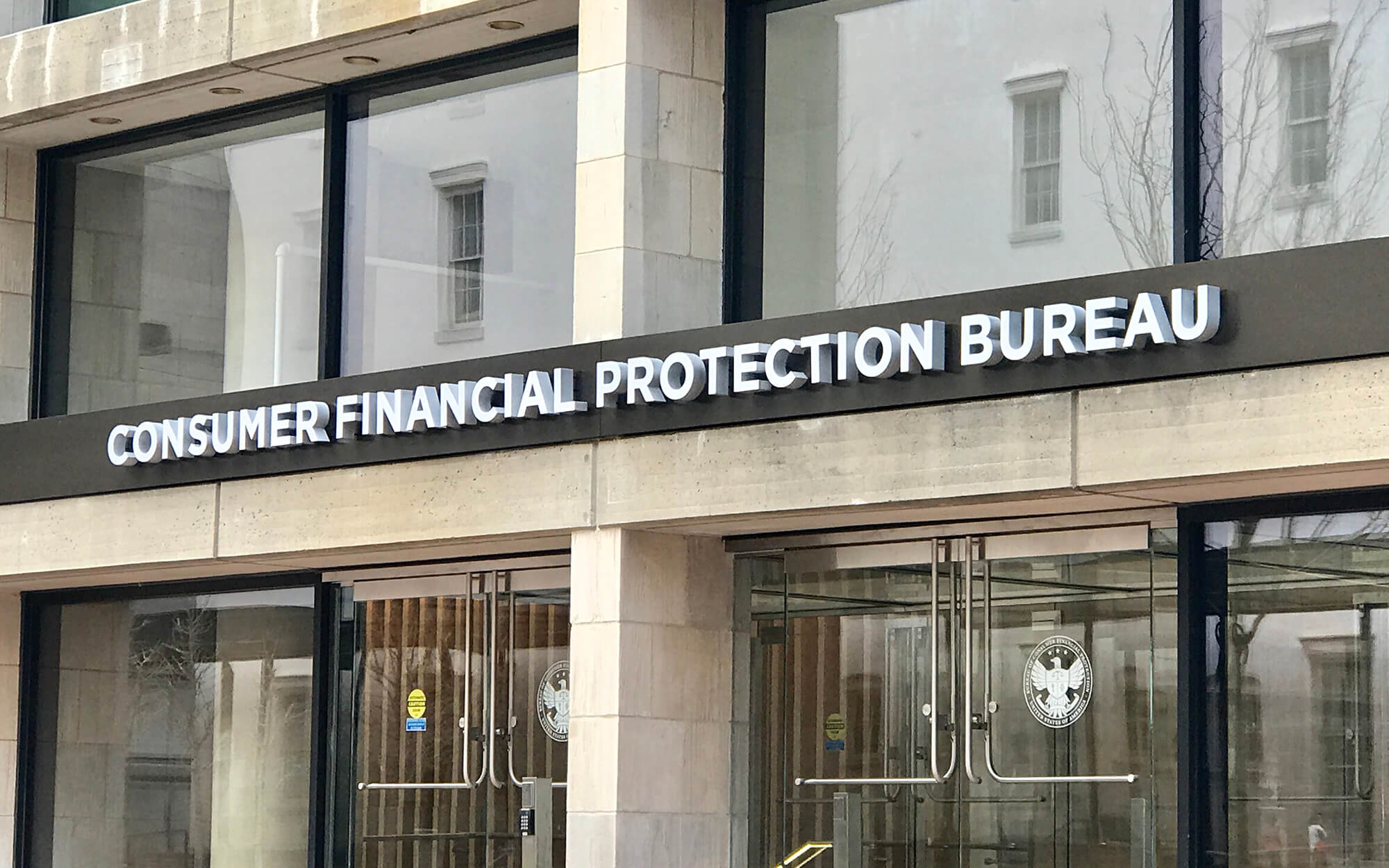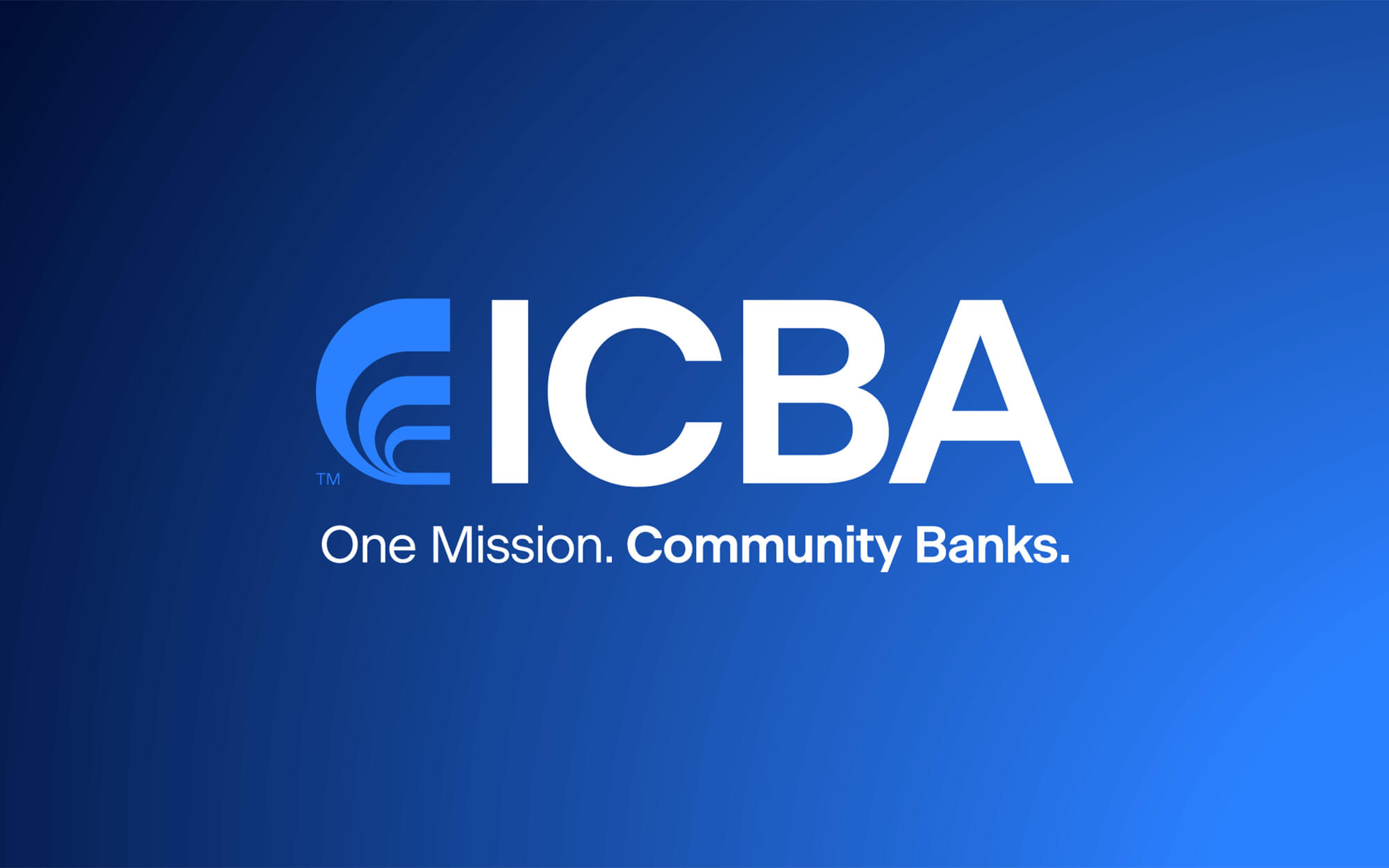ICBA told the Consumer Financial Protection Bureau that "disparate impact" liability—in which lenders may be held liable for neutral practices that have a disparate impact on certain classes of borrowers, even if the lenders have no intent to discriminate—is not legally cognizable under the Equal Credit Opportunity Act.
In a comment letter to the bureau, ICBA said disparate impact liability should not be inferred from the text of ECOA because the statute lacks the “results oriented” language of the Fair Housing Act or Title VII of the Civil Rights Act.
However, if the CFPB determines otherwise, the bureau should conform its disparate impact standard to the requirements established by the U.S. Supreme Court in Texas Department of Housing & Community Affairs v. The Inclusive Communities Project, Inc.
In that case, the court ruled that, under the Fair Housing Act, disparate impact cases must demonstrate a robust causal link between a bank’s policy or practice and the alleged discriminatory effect.






